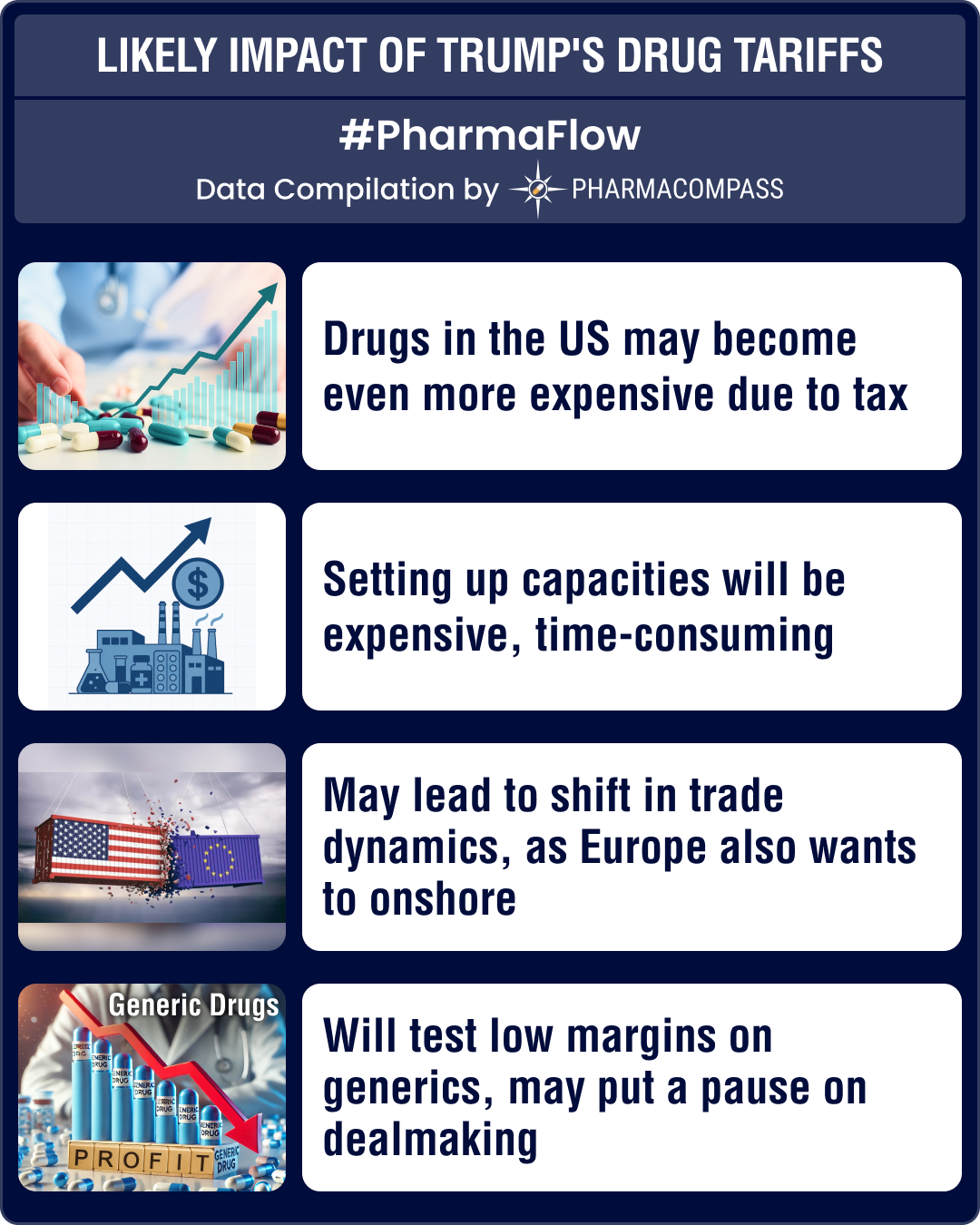
This week, Phispers covers news about David Cameron urging the G7 to fight superbugs, FDA regulatory action against Corden Pharma’s Italian facility and a new implant that fights opioid addiction.
Teva’s largest sterile medicines plant in Hungary placed on FDA import alert list
Teva Pharmaceutical’s facility in Hungary was placed on the US Food and Drug Administration’s import alert list. The action was taken after an FDA inspection found that the plant was not conforming to the current good manufacturing practices (GMPs). All drugs produced by the finished dosage forms facility – barring antibiotics Amikacin and Bleomycin – have been placed on the import alert list.
Teva had commissioned the US $ 110 million plant in Gödöllő, Hungary, in 2012. At the time, Teva had announced that the facility was one of the largest sterile medicines plants in the world. The plant has an annual production capacity of 160 to 200 million units of injectables and the six production lines can produce six different products simultaneously. It supplies medicines to patients in over 70 countries in Europe, North America, and the Far East.
The FDA import alert is bad news for Teva and comes at a time when investors believe the US $ 41 billion it paid for Allergan’s generic business was too high a price.
FDA inspection in Corden Pharma’s Italy plant uncovers ‘black grime and filth’
While details about Teva’s GMP shortcomings are awaited, an inspection by the FDA of Corden Pharma Latina’s active pharmaceutical ingredients (API) facility in Italy revealed that “black grime and filth were visible” on tiles and stagnant water was found collecting under aseptic filling machines.
Meanwhile, Corden Pharma said it will respond to FDA’s warning letter and stressed that the supplies of APIs and finished dosage forms manufactured at its Italy plant will not be impacted.
The FDA also posted on its website the long-awaited warning letter for Megafine Pharma in India, which had been placed on FDA’s import alert list in October 2015. The warning letter revealed the usual data-integrity concerns.
On a positive note, Granules India shared it has successfully addressed FDA’s observations during a recent inspection. It would be worthwhile to have more companies share such positive news so that the ‘noise’ about non-compliances gets balanced.
This comes at a time when the Indian drug regulator is introducing a risk-based inspection model to address concerns at manufacturing plants in India.
Cameron urges G7 nations to step up fight against superbugs
Britain has asked G7 nations to do more to fight killer superbugs. This was after the United States reported the first case in the country of a patient with bacteria resistant to a last-resort antibiotic – colistin. The antibiotic is reserved for nightmare bugs. The patient, a 49-year old woman from Pennsylvania, succumbed to the truly pan-drug resistant bacteria.
In Japan, David Cameron, Britain’s Prime Minister, said leading countries need to tackle resistance by reducing the use of antibiotics and rewarding drug companies for developing new medicines. “In too many cases antibiotics have stopped working. That means people are dying of simple infections or conditions like TB (tuberculosis), tetanus, sepsis, infections that should not mean a death sentence,” he said at a conference in Japan.
“If we do nothing about this there will be a cumulative hit to the world economy of US $ 100 trillion and it is potentially the end of modern medicine as we know it,” he said.
FDA approves implant that dispenses opioid addiction medication
The FDA has approved an implant that continuously dispenses an opioid addiction medication – buprenorphine – for six months.
Branded as Probuphine, the device will cost less than US $ 1,000 per month, said the spokesperson for Braeburn Pharmaceuticals – the company that has the commercial rights to the implant in the United States.
That’s a lot more expensive than other forms of buprenorphine existing in the market, such as a daily pill or a dissolvable film. But it’s cheaper than Vivitrol, another form of opioid medication, priced at around US $1,100 a month.
However, doctors have cautioned that the implant, originally developed by Titan Pharmaceuticals, needs to be supplemented with counseling and other forms of support.
Sun Pharma subpoenaed for information on drugs it sells in the US
India’s largest pharmaceutical company – Sun Pharmaceutical Industries – was subpoenaed by the US Department of Justice (DoJ). The DoJ sought more information about the pricing and marketing of the generic drugs Sun Pharma sells in the US.
The DoJ, through its antitrust division, has also asked Sun Pharma’s US unit for details related to communications with competitors, employee and corporate records. The subpoena is part of a wider probe by American regulators into the steep increase in prices of generic drugs in the recent past.
The investigation had been prodded by US Senator Bernie Sanders and Democratic Representative Elijah Cummings. Other generic drug manufacturers like Dr. Reddy’s Laboratories and Allergan also received subpoenas from regulators seeking similar information last year.
Alibaba tells vendors to stop online sales of medicines in China
Alibaba Group Holding has told vendors on its Tmall website to stop selling drugs online. The Chinese e-commerce company cited an “urgent” directive issued by a local regulator that halts drug sales through third-party platforms.
A Reuters news report mentioned a circular issued by the Hebei province branch of the China Food and Drug Administration (CFDA) on “urgent control measures relating to drug products”. No reasons for such a directive had been cited.
The PharmaCompass Newsletter – Sign Up, Stay Ahead
Feedback, help us to improve. Click here
Image Credit : Evening Gossip by Damian Gadal is licensed under CC BY 2.0
“ The article is based on the information available in public and which the author believes to be true. The author is not disseminating any information, which the author believes or knows, is confidential or in conflict with the privacy of any person. The views expressed or information supplied through this article is mere opinion and observation of the author. The author does not intend to defame, insult or, cause loss or damage to anyone, in any manner, through this article.”






